Hunting the Panther (1909)
A hunter and his native helpers set up a trap, then taunt and shoot a panther. Next we see the locals skin the animal.
A hunter and his native helpers set up a trap, then taunt and shoot a panther. Next we see the locals skin the animal.
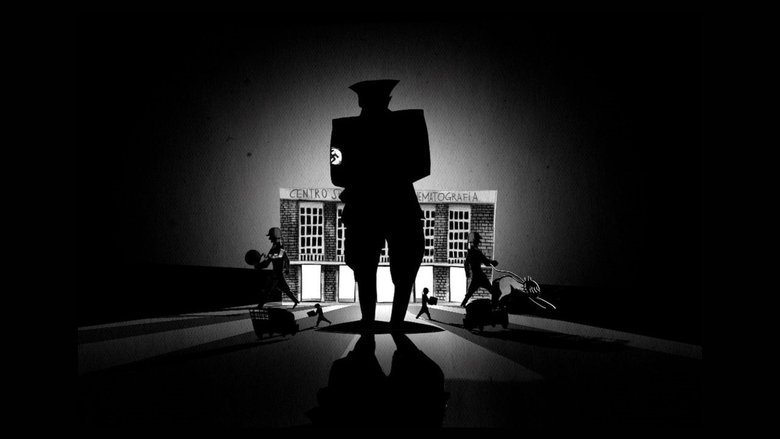
Documentary about the lost 1914 film "Sperduti nel buio". Film historian Denis Lotto journeys across Europe following the trail of the lost movie.
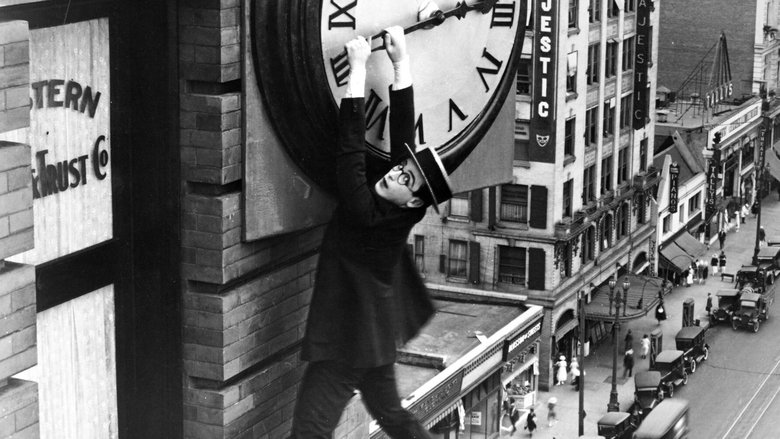
A film about the career and methods of the master silent comedy filmmaker.
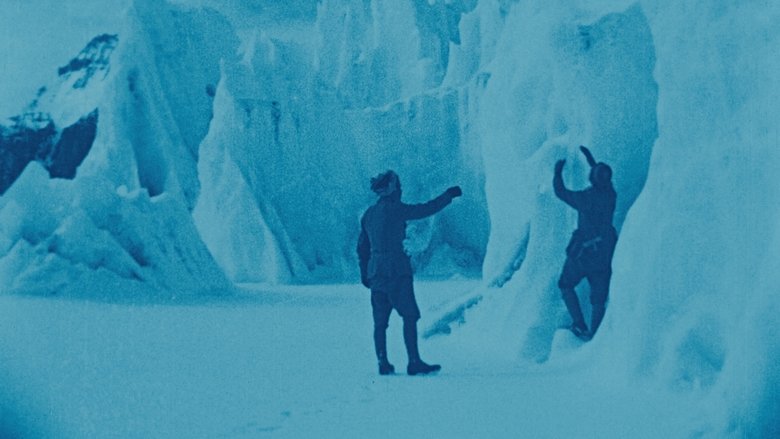
The official record of Mallory and Irvine's 1924 expedition. When George Mallory and Sandy Irvine attempted to reach the summit of Everest in 1924 they came closer than any previous attempt. Inspired by the work of Herbert Ponting (The Great White Silence) Captain Noel filmed in the harshest of conditions, with specially adapted equipment, to capture the drama of the fateful expedition.
A 1936 documentary film about the London to Portsmouth railway. A lesser known contemporary of Night Mail, also featuring the music of Benjamin Britten and poetry of W.H. Auden.
Madame Ondine performs a serpentine dance surrounded by big cats.
Consisting of a single shot, Spiders on a Web is one of the earliest British examples of close-up natural history photography. Made by one of the pioneers of the British film industry, G.A. Smith, this short film details spiders trapped in an enclosure, and despite the title, does not actually feature a web.
Commissioned by Philips, Europa Radio celebrates the company’s experimental PCJJ shortwave radio station in Eindhoven that went on air in 1927 and broadcasted to Europe as well as the rest of the world in various languages. Hans Richter’s film covers one day from morning to night, showing the range and scope of the daily radio programs – from stock market news and sports events to live concerts and a speech by Albert Einstein. (via: impakt.nl)
High-speed film and time-lapse photography combined to create breathtaking images of the night sky and Halley's Comet in this astronomical short subject.
Woman Draped in Patterned Handkerchiefs is a 1908 British short silent documentary film, directed by George Albert Smith as a showcase his new Kinemacolor system, which features a woman displaying assorted tartan cloths, both draped on her body and waved semaphore-style. The patterned handkerchiefs are, according to Michael Brooke of BFI Screenonline, “presumably the same cloths featured in Tartans of Scottish Clans (1906), this time shown from various angles.”
A look at the artwork of Aleister Crowley.
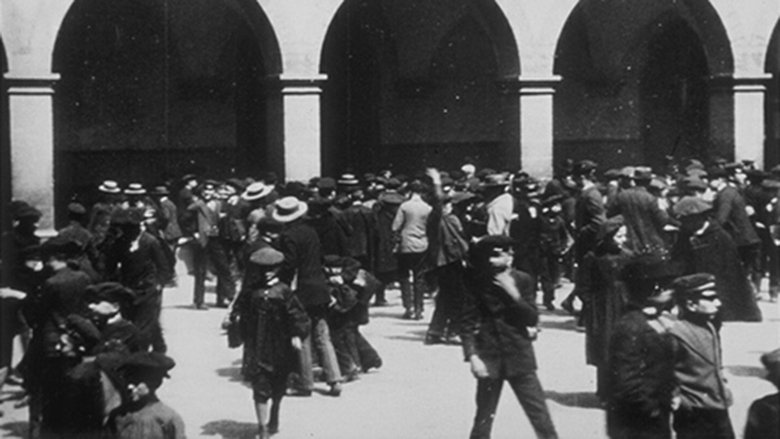
Students in Lyon.
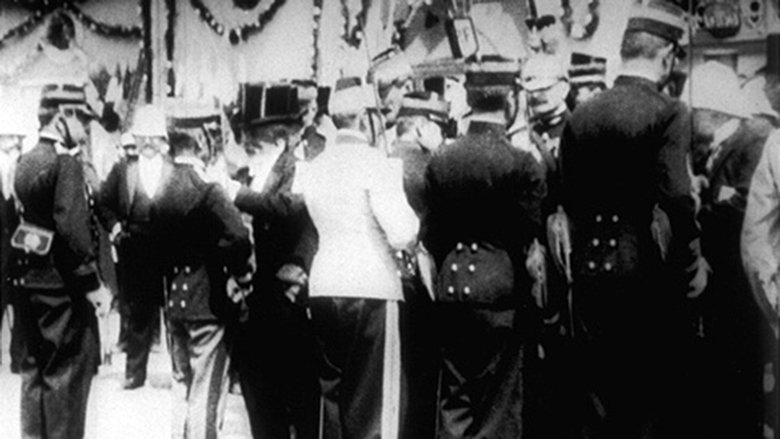
Long treated with indifference by critics and historians, British silent cinema has only recently undergone the reevaluation it has long deserved, revealing it to be far richer than previously acknowledged. This documentary, featuring clips from a remarkable range of films, celebrates the early years of British filmmaking and spans from such pioneers as George Albert Smith and Cecil Hepworth to such later figures as Anthony Asquith, Maurice Elvey and, of course, Alfred Hitchcock.
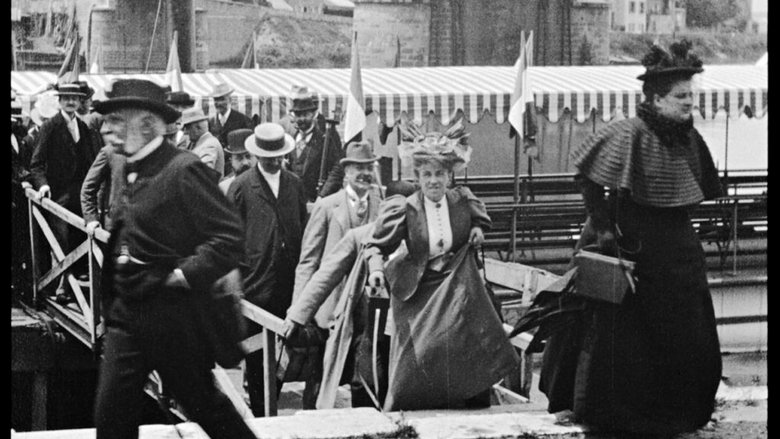
Down the gangway, photographers leave the deck of a riverboat in large numbers.
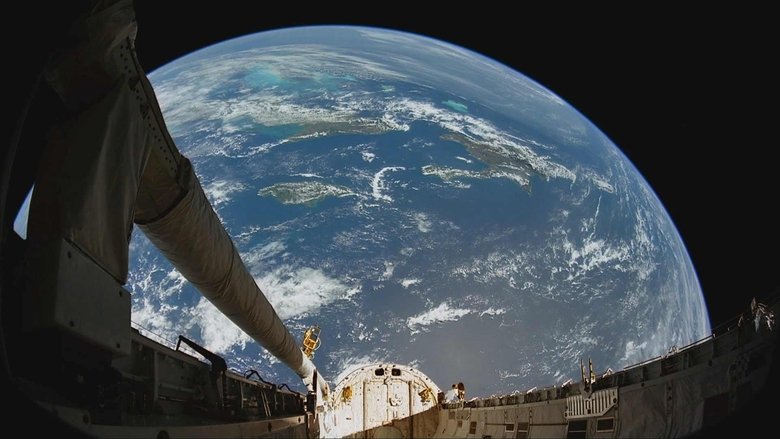
From the unique vantage point of 200 miles above Earth's surface, we see how natural forces - volcanoes, earthquakes and hurricanes - affect our world, and how a powerful new force - humankind - has begun to alter the face of the planet. From Amazon rain forests to Serengeti grasslands, Blue Planet inspires a new appreciation of life on Earth, our only home.
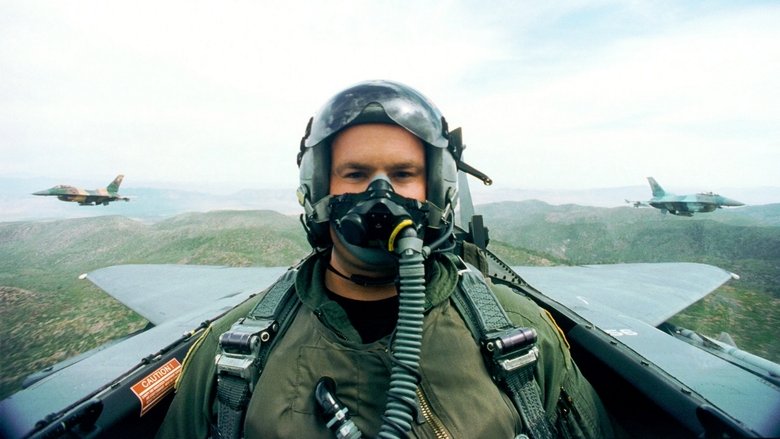
Fighter Pilot: Operation Red Flag follows American F-15 Eagle pilot John Stratton as he trains with some of the world’s best pilots. The movie depicts Stratton’s progression through the challenging and dangerous exercises of Operation Red Flag, the international training program for air forces of allied countries.
This large format film explores the last great wilderness on earth. It takes you to the coldest, driest, windiest continent, Antarctica. The film explores the life in Antarctica, both for the animals that live their and the scientist that work there.
On 4 September Frederick Albert Cook (1865-1940) arrived in Copenhagen on the ship 'Hans Egede'. He received a hero's welcome as the first man to set foot on the North Pole. He was greeted by the king, and given an honorary doctorate at the University of Copenhagen. Only a few days later, however, his endeavour was questioned, and in December the University rejected Cook's documentation. Carl Th. Dreyer is seen as one of the journalists taking notes. (DFI)
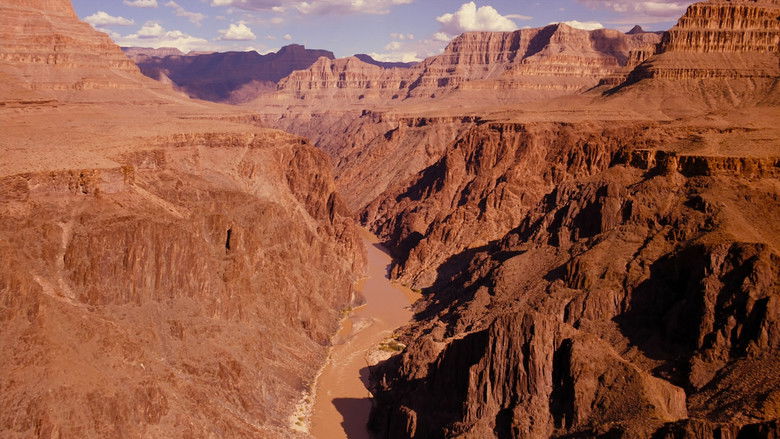
A documentary about a 15-day river-rafting trip on the Colorado River aimed at highlighting water conservation issues.